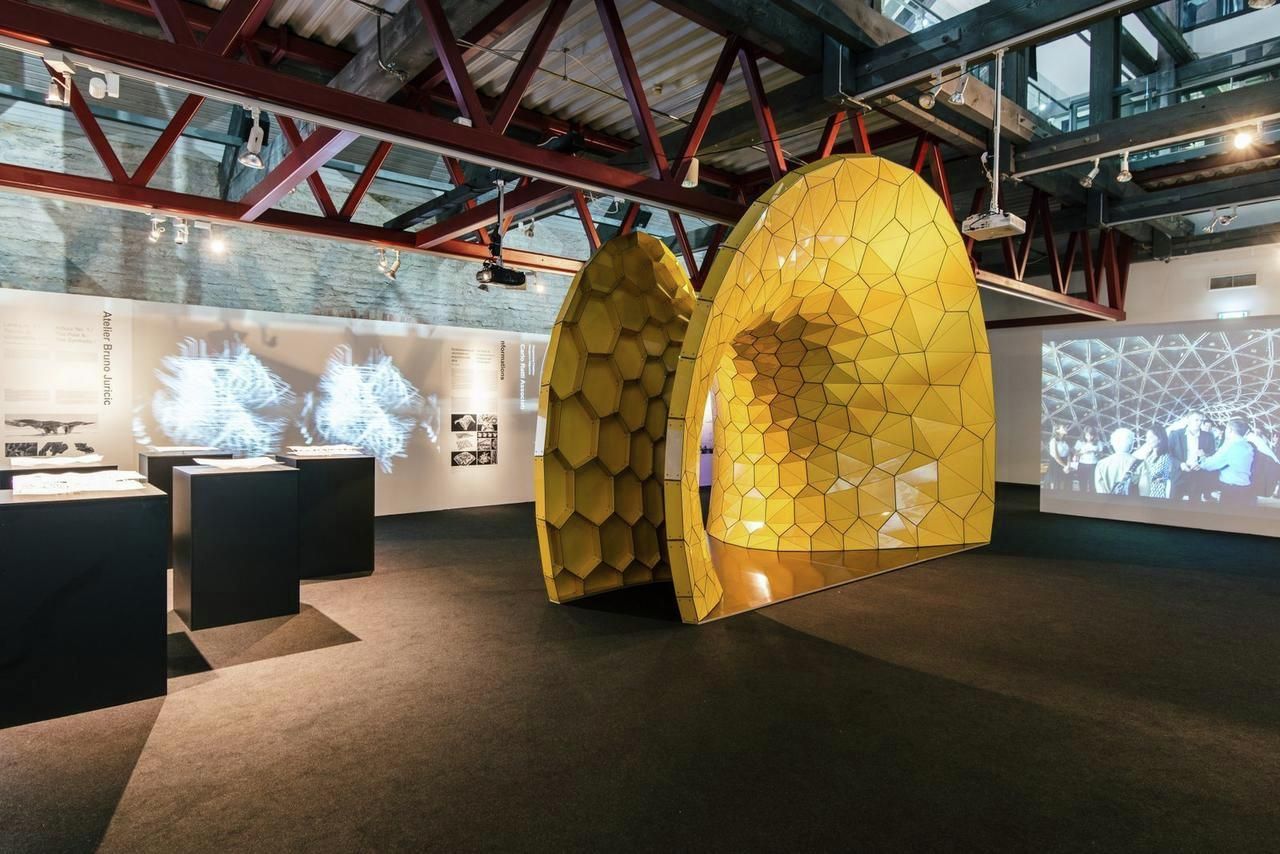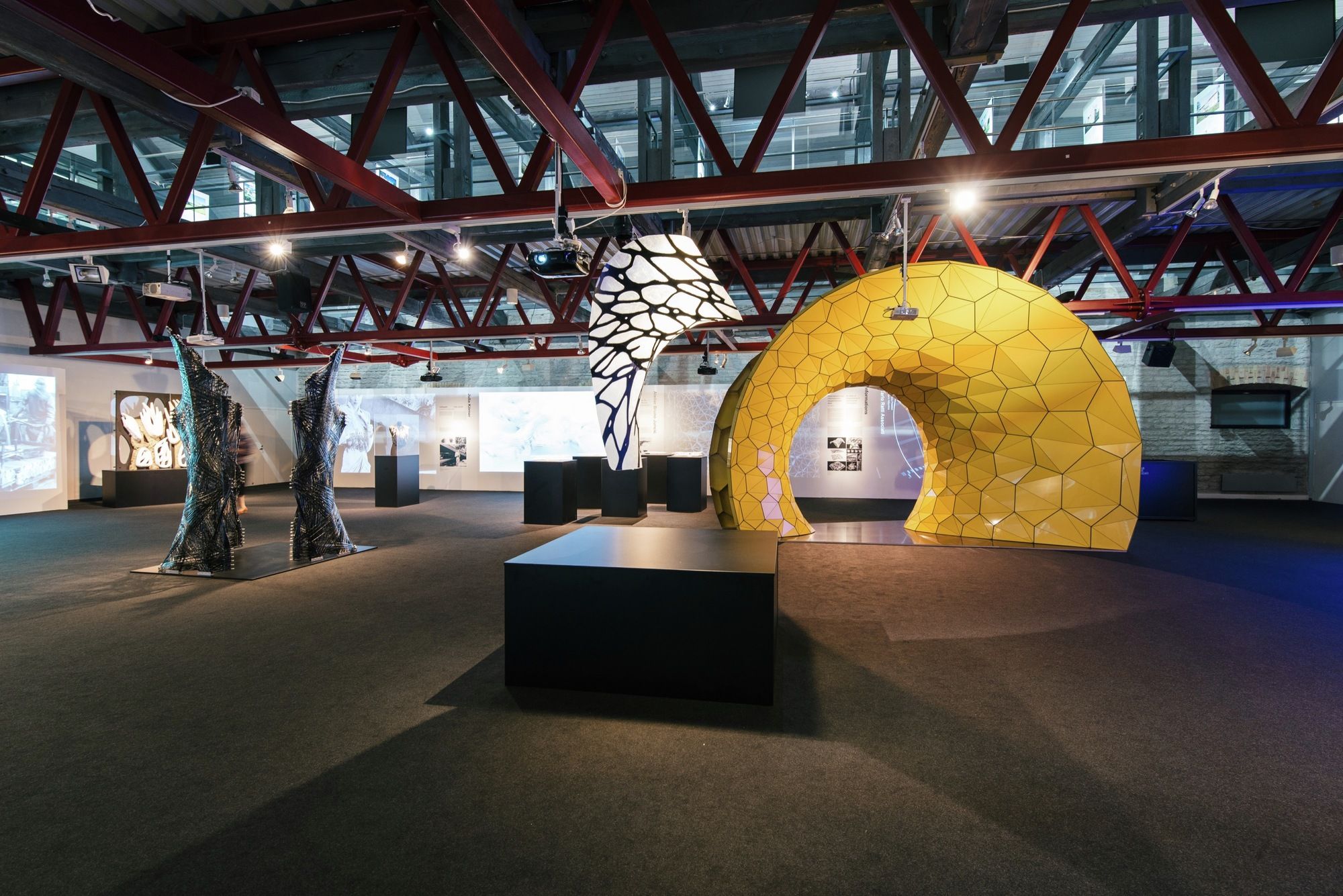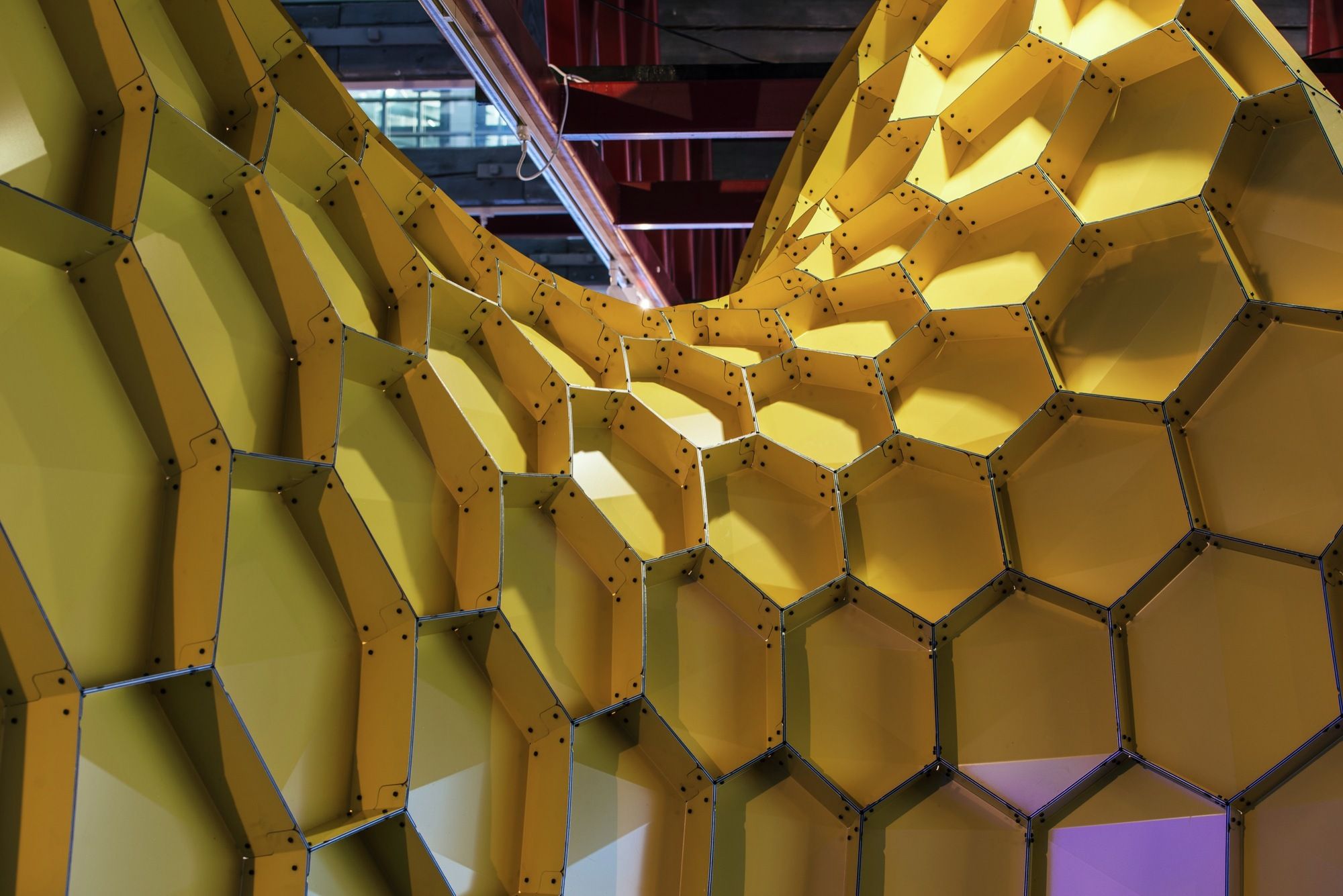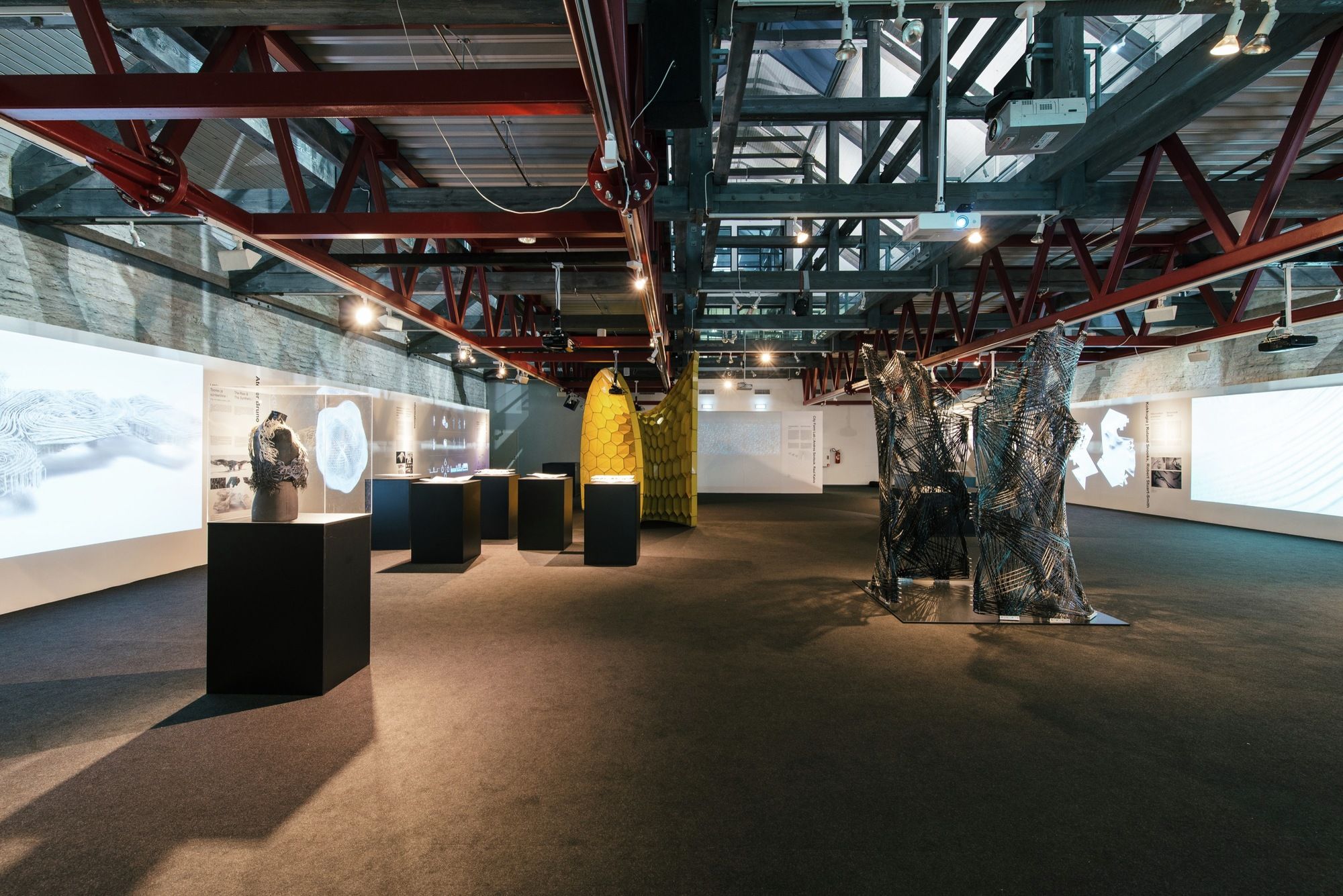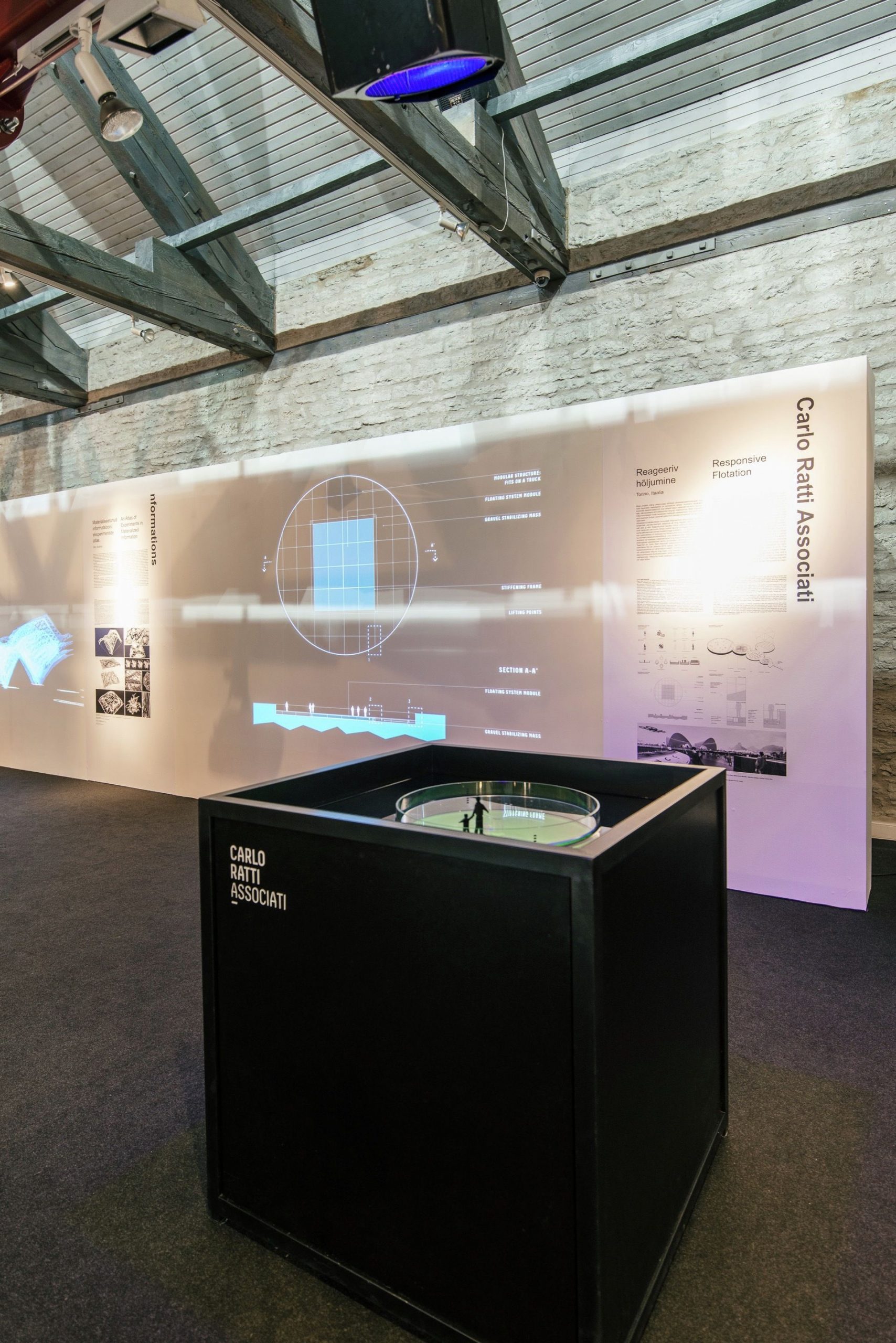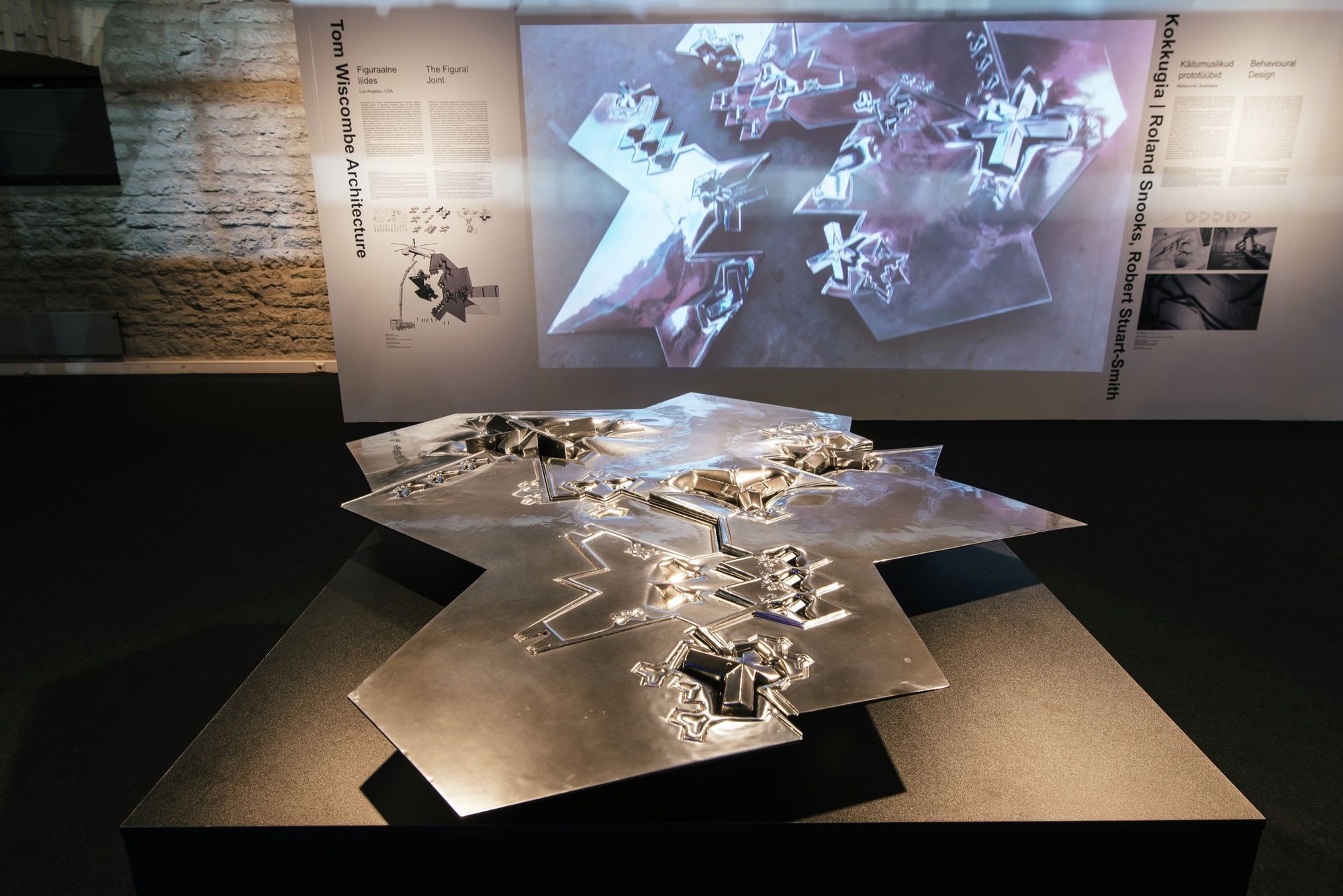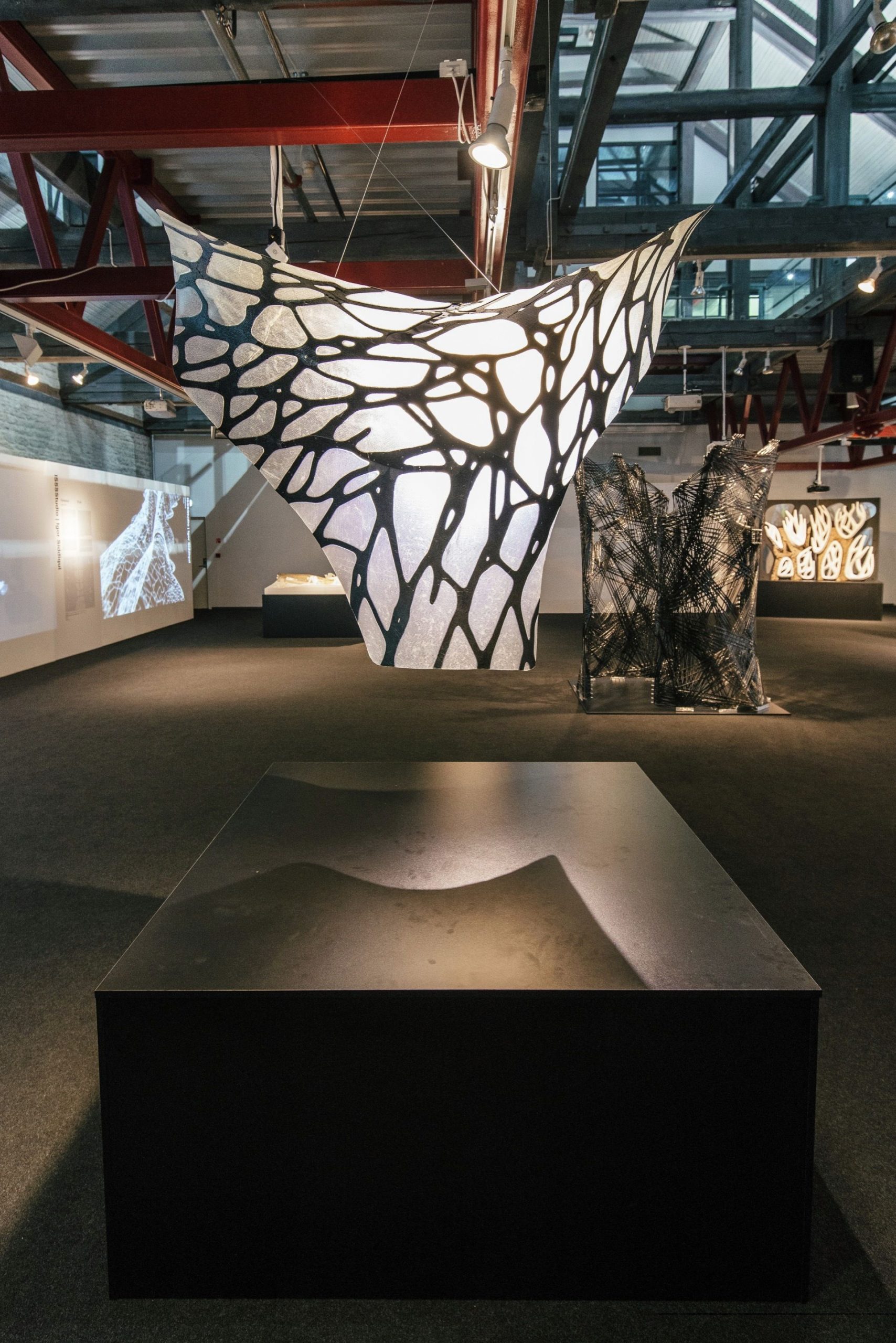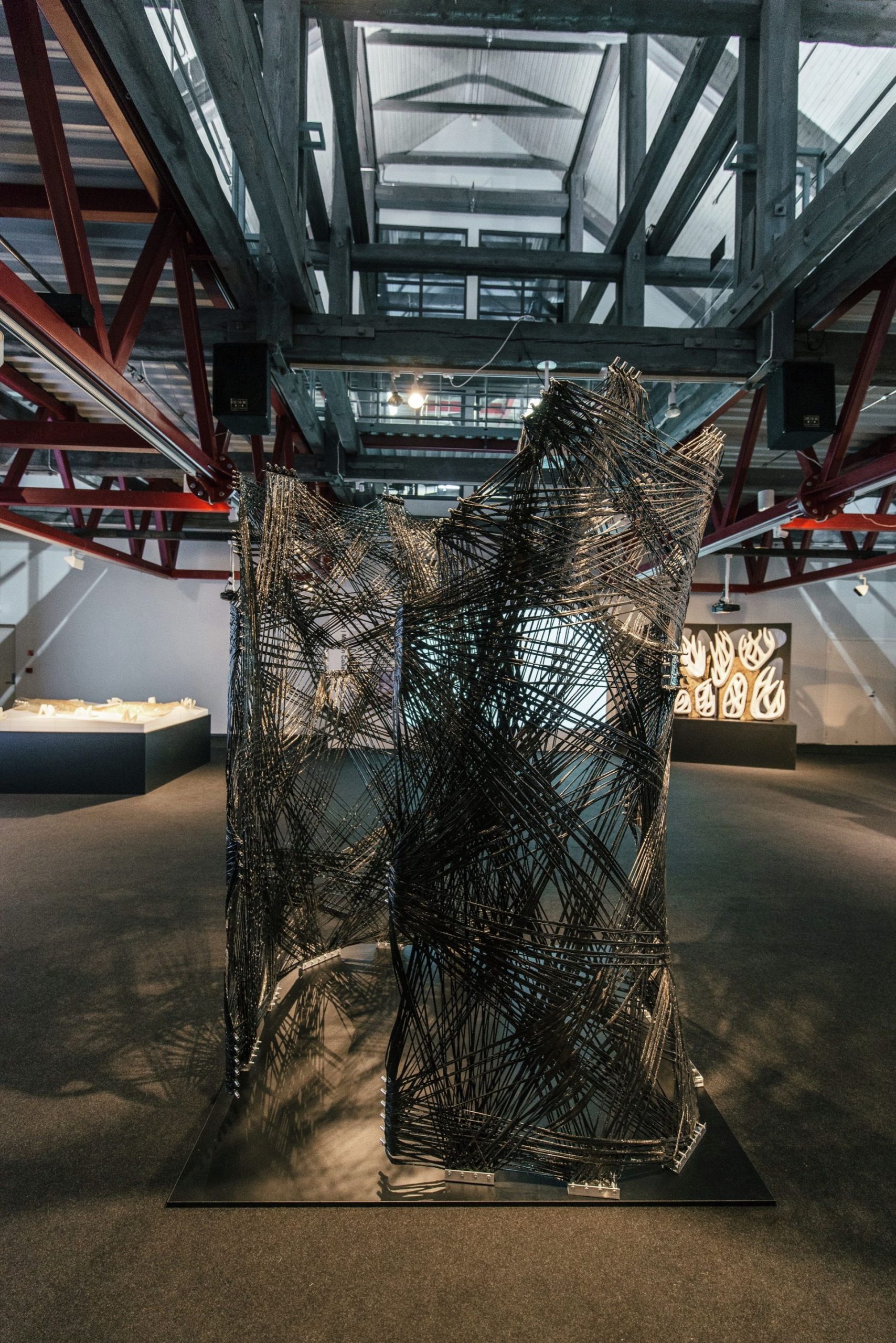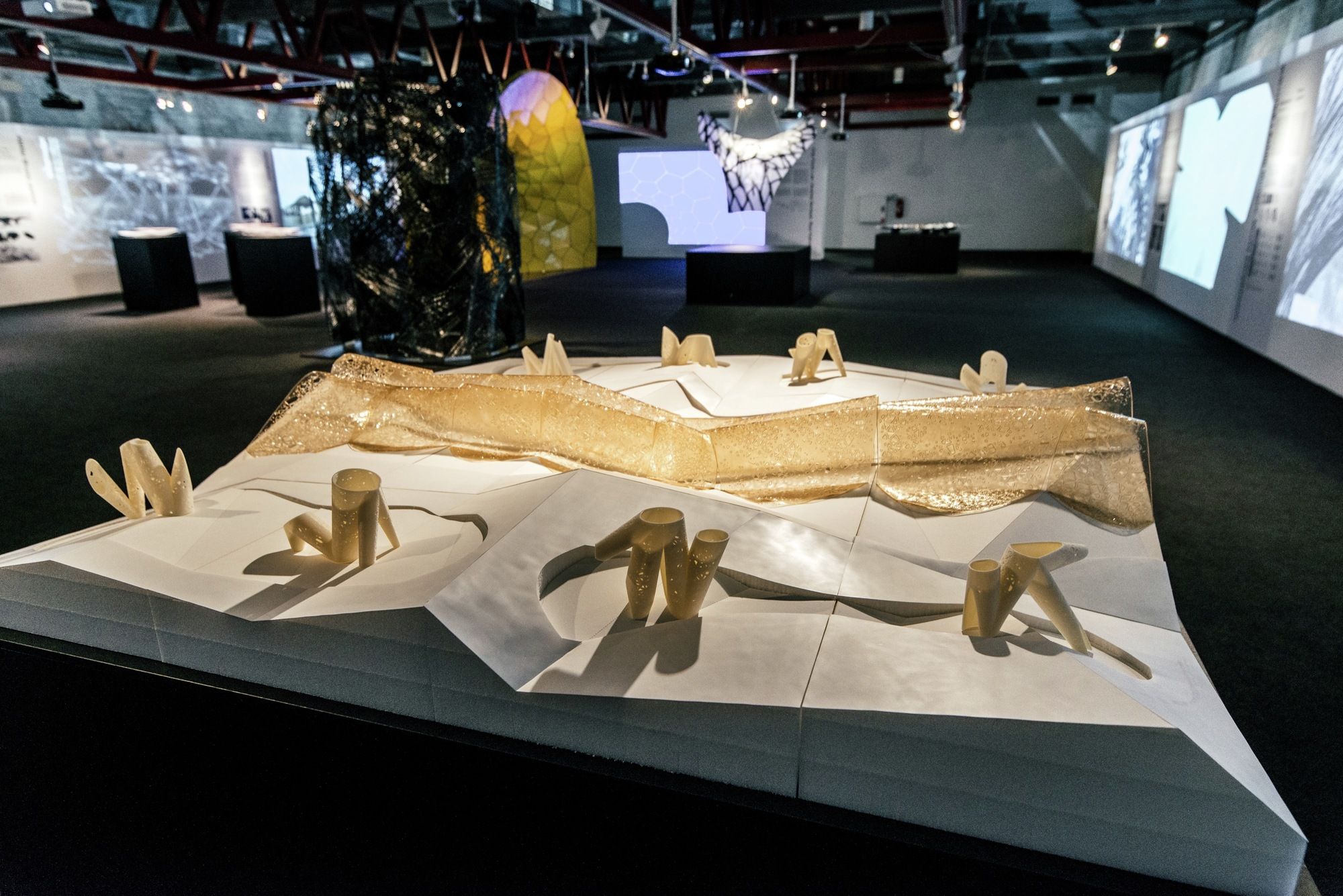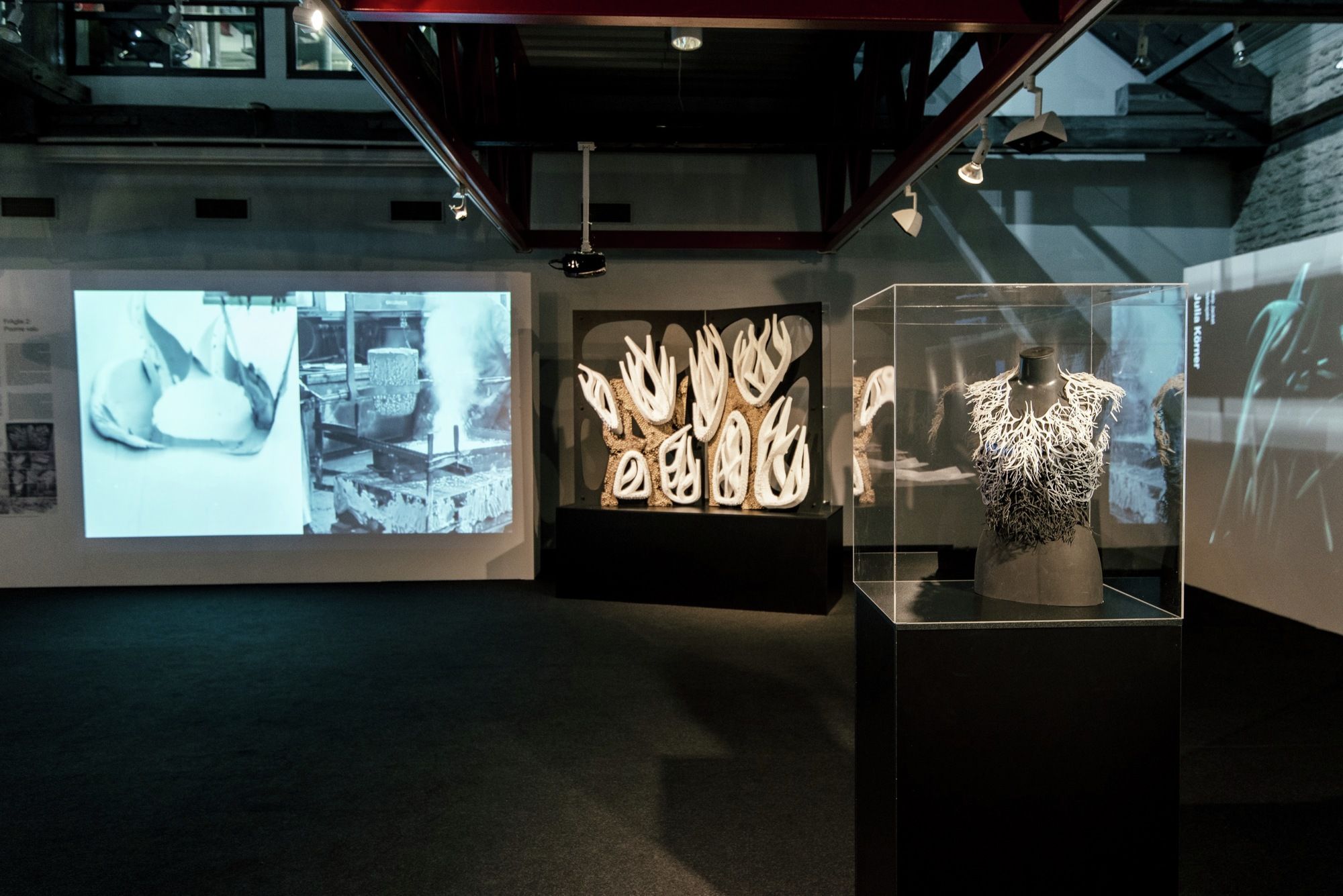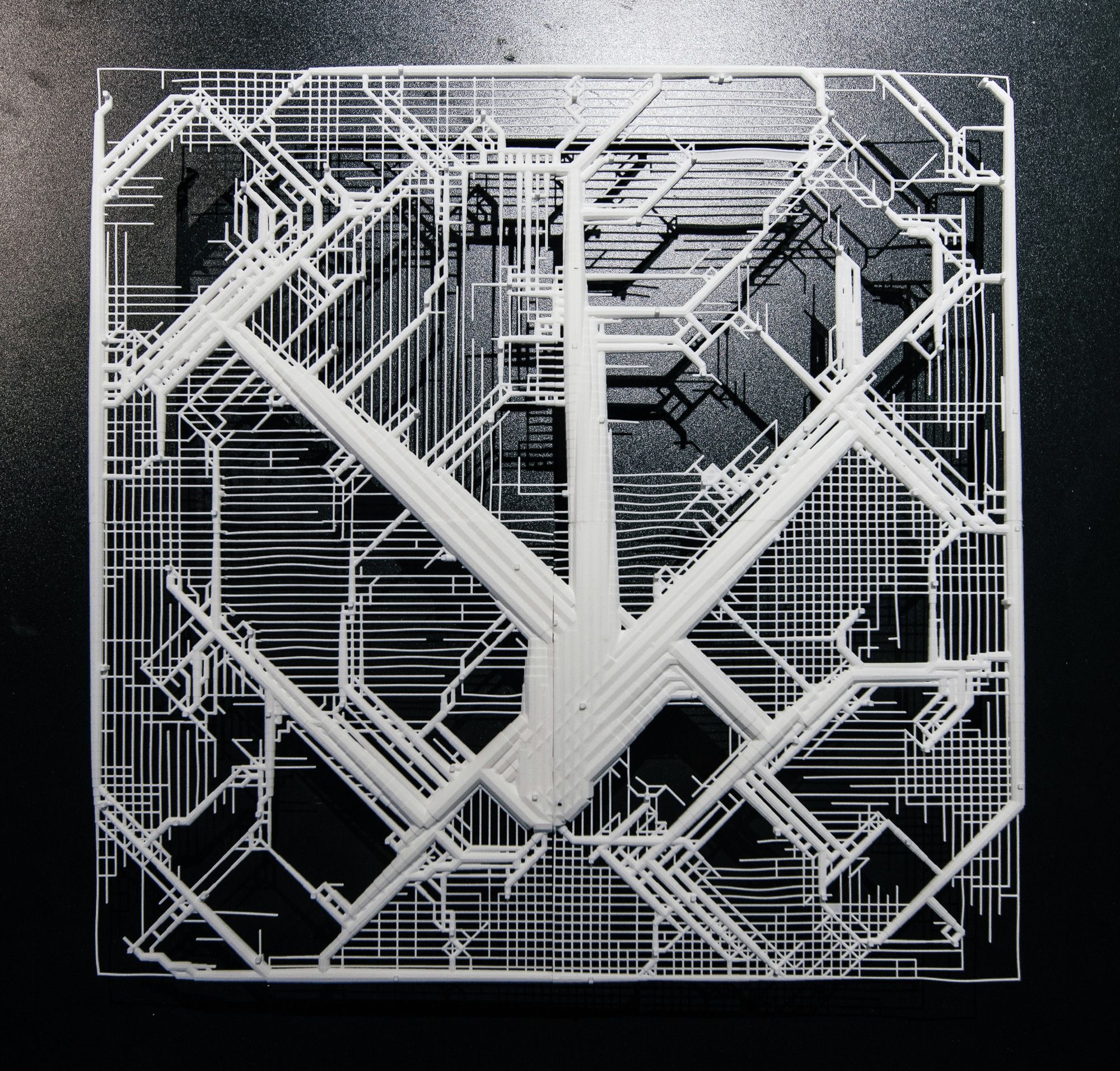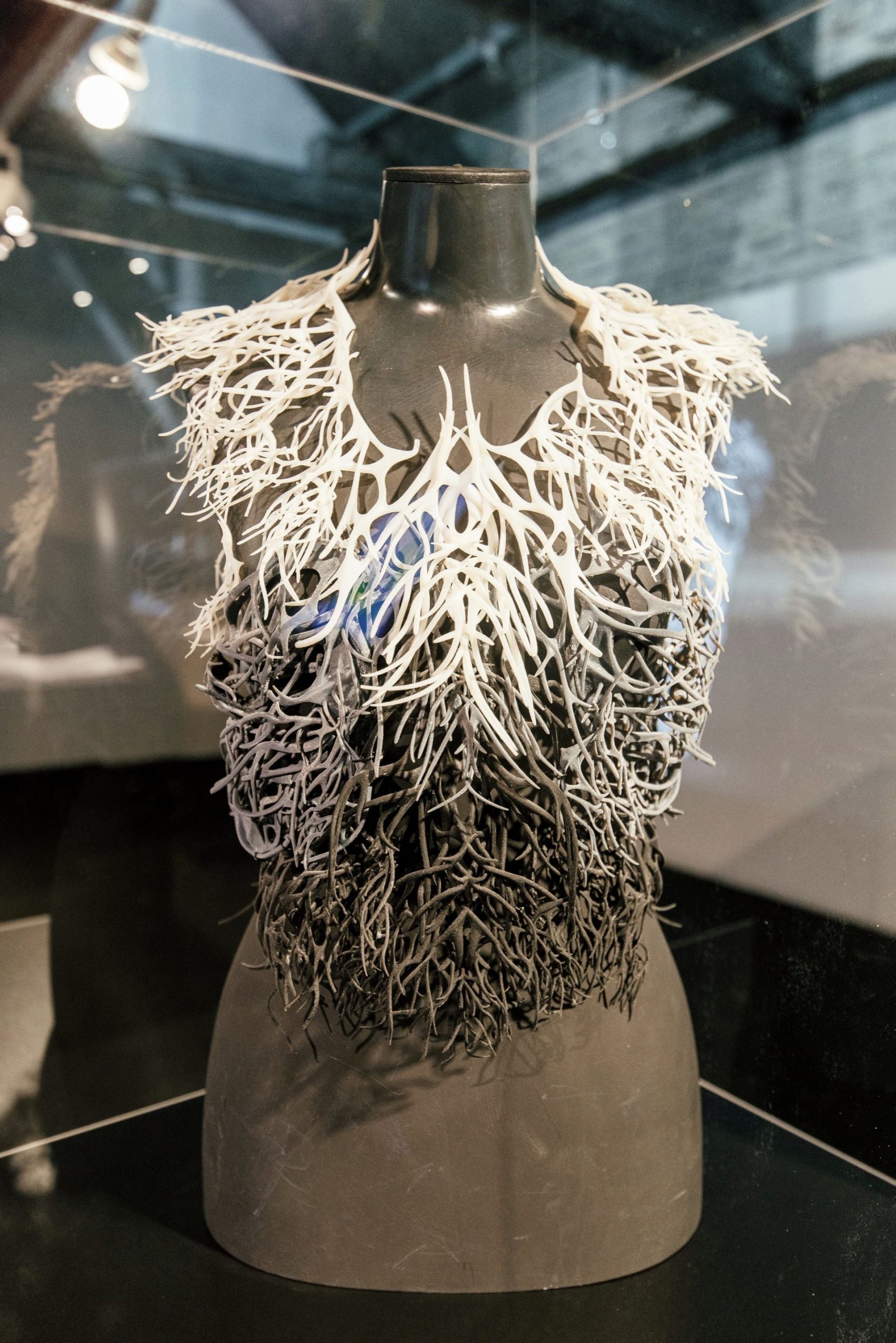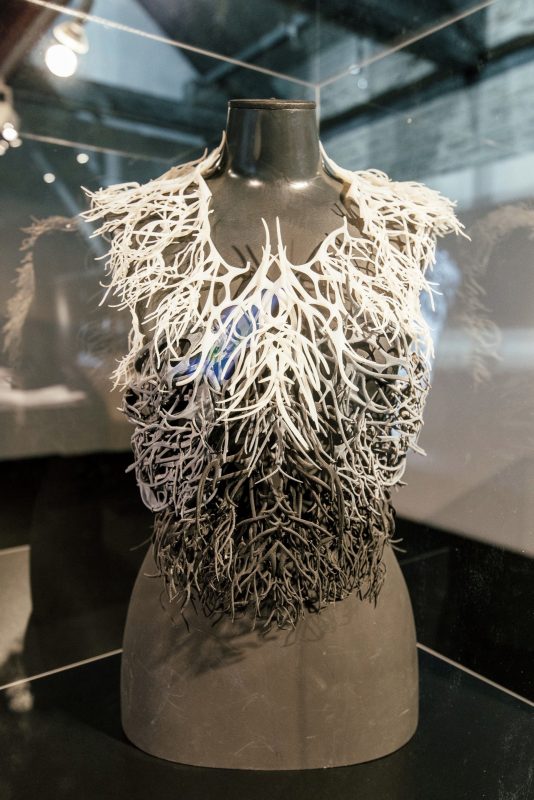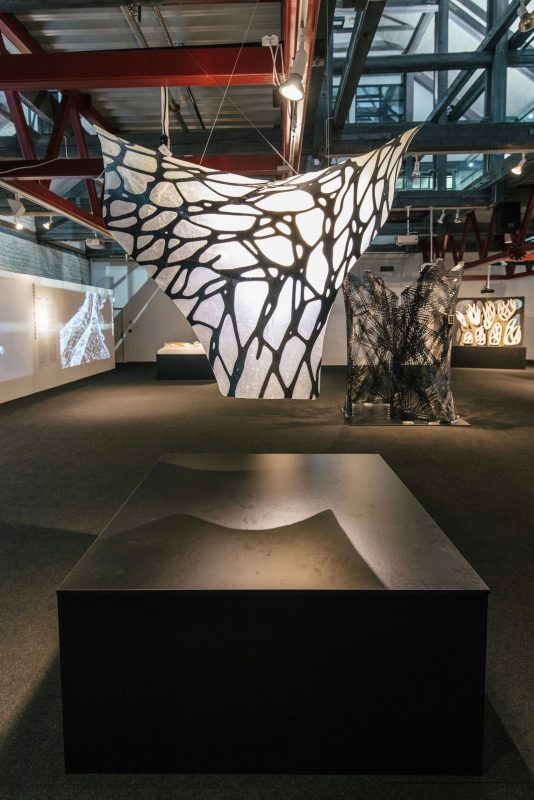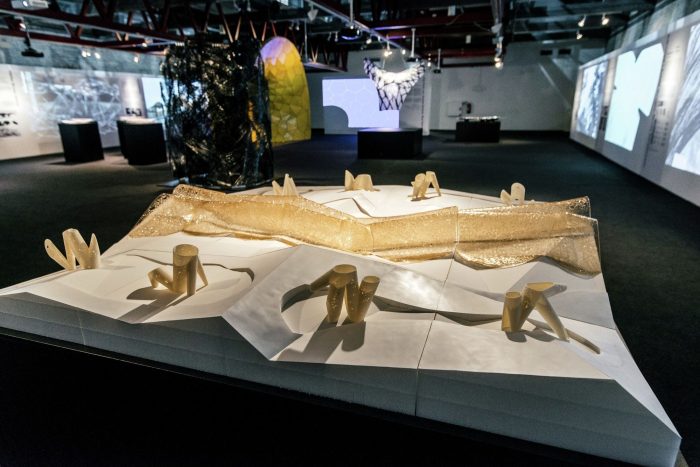Tallinn Architecture Biennale
Tallinn Architecture Biennale (TAB) is an international architecture festival, aiming to introduce contemporary architectural concerns and futuristic visions to all public interested in this field.
The third TAB opened on September 9 and focused on “hanges, challenges and opportunities that our cities and their inhabitants will be facing once the third industrial revolution is implemented in full scale and we all start using self-driving cars.” The question posed was: What does this mean for architects, designers and urban planners? TAB aimed to turn Tallinn into ” a test site for the cities of the future, visualising ideas and conceptualising the way cities are built.”
The main exhibition focuses on hybrid forms of construction, forms heavily influenced on current technology and science but mostly dictated by the variability of material systems. The main characteristic is the power of “multiplicity within tolerance”, the algorithmic adaptability and the unprecedented level of formal freedom.
Architecture is currently in a state which highly exceeds its traditional purposes, which is why the main exhibition of TAB is focusing on “exploring new territories of building aesthetics and spatial qualities of self-driven intelligent systems, where architecture and science have entered into a dialogue between the computational and the physical”.
The 10 architectural studios chosen to exhibit prototypes and installations in the Museum of Estonian Architecture are some of the biggest names in the experimental architecture movement of the moment: Atelier Bruno Juricic, Tom Wiscombe Architecture, Kokkugia (Roland Snooks, Robert Stuart-Smith), REX|LAB (Marjan Colletti, Kadri Tamre), ISSSStudio (Igor Siddiqui), Julia Körner, Carlo Ratti Associati, nformations, City Form Lab (Andres Sevtsuk, Raul Kalvo) and ICD+ITKE (Achim Menges, Moritz Dörstelmann).
